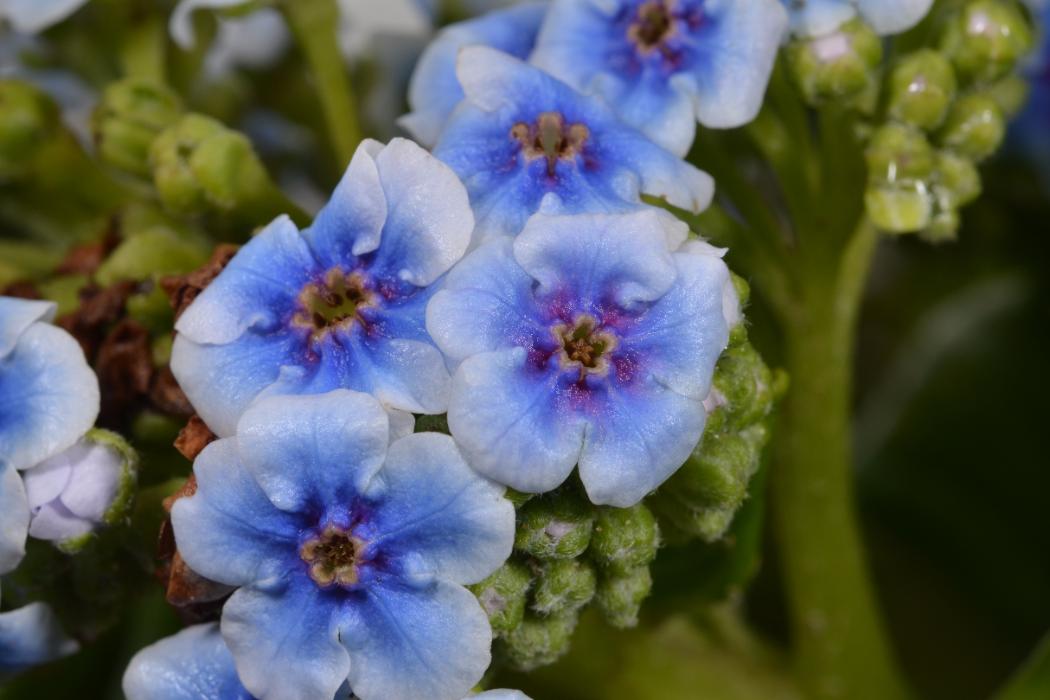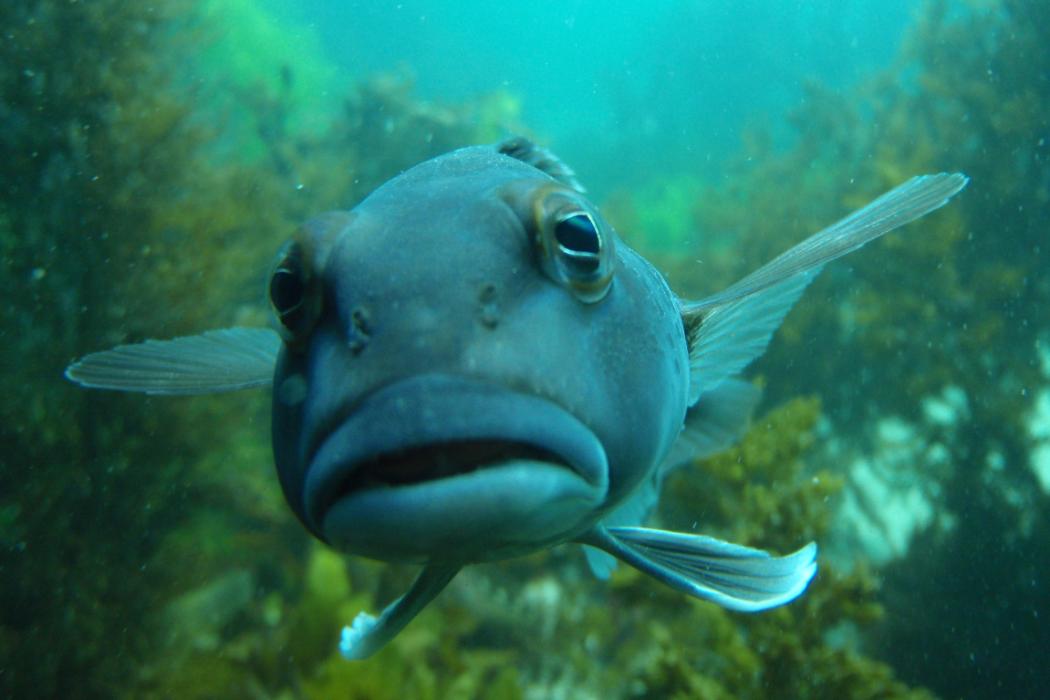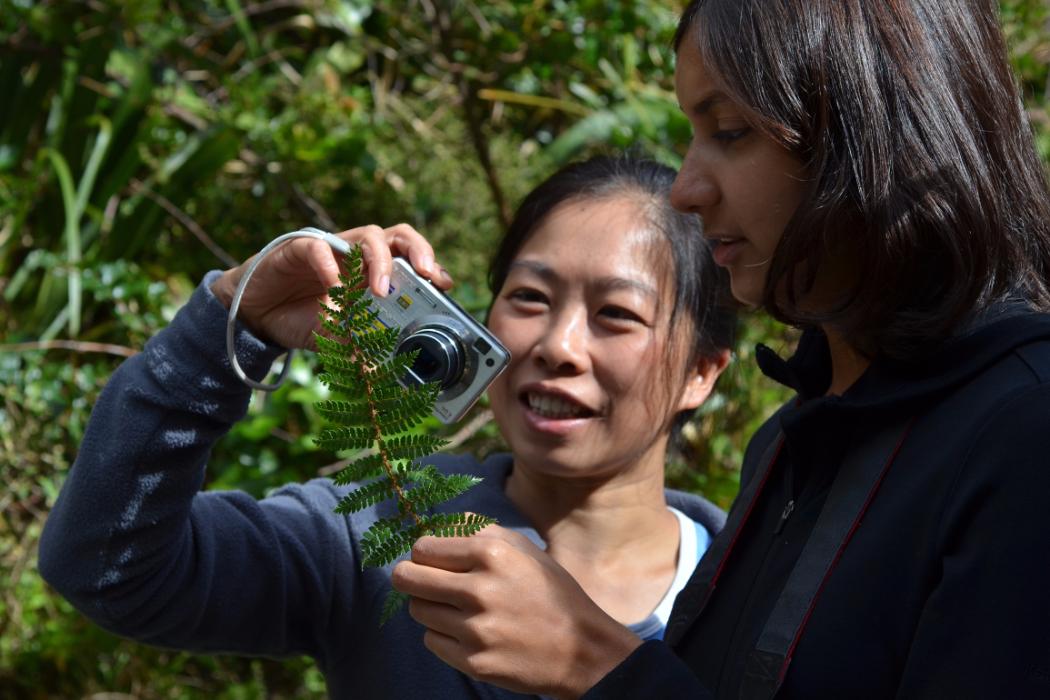Choose this theme if you are interested in topics such as:
Conservation biology, genetics & genomics, biosecurity, terrestrial/marine/freshwater biology and ecology, animal behaviour, environmental sciences, computational biology, bioinformatics.
Students of the Behaviour, Ecology, and Evolution theme study a broad diversity of organisms and ecosystems, and employ a wide range of methods in studies of both basic and applied questions. Courses are highly integrative and often include both laboratory and field-based components. Our staff have significant strengths in areas such as animal behaviour, ecosystem ecology, conservation biology and evolution.
Ecology is the study of organisms and how they relate to their environment. Evolution is a closely related area of study that focuses on how species change to adapt to their local surroundings and, more broadly, the processes that shape biodiversity. Animal behaviour is the study of the “how” and “why” of what animals do.
Ecology is an increasingly important field, as we struggle to protect plants and animals from growing human impacts. Amongst others, ecologists and evolutionists try to understand the threats to our endangered native organisms such as kiwi, kakapo and rare plants. They also try to predict or mitigate the effects of exotic pests such as possums and old man’s beard.
Water is an important natural resource necessary for the survival of all ecosystems. From the glaciers of South Westland and braided rivers of Canterbury to the deep marine canyon off Kaikoura, New Zealand has an abundance of fresh and marine water systems.
Freshwater and marine ecology focus on the understanding of the ecology of rivers, lakes, wetlands, coastlines and oceans. Focussing on ecological concepts but also applying water science, it includes the study of water chemistry, plant/algae, invertebrate and fish diversity and communities. With increasing land use pressures and climate change there is a need to better understand these water systems to support management decisions regarding usage, conservation and rehabilitation.
Humans probably always have been fascinated by the behaviour of animals. Studies of animal behaviour can range from addressing questions about how animals communicate and how neural mechanisms control behaviour, to questions about why animals are altruistic to family members, why some animals look after their offspring while others do not, or why species differ in their mating systems. By studying animal behaviour through a scientific framework, we can understand the reasons for the rich behavioural repertoire seen across the animal kingdom and, in the process, perhaps learn something about our own sometimes perplexing behaviour. Understanding the behaviour of animals in nature is also becoming increasingly important in conservation biology programmes to ensure that they survive and reproduce. There is a large amount of overlap between Animal Behaviour and the Cell and Organismal Physiology theme.
Evolution complements Ecology in areas such as conservation biology, how species respond to climate change, the spread of introduced plant and animals, and predicting the potential spread of GMOs. Evolution complements Behaviour in explaining topics such as sexual selection and social behaviour. An understanding of evolution is also fundamental to the designing of effective drugs and predicting the spread of new diseases such as Zika virus. Tools and technologies of evolutionary biology underpin all the biological sciences, including in fields such as molecular biology, cell biology, ecology, biodiversity and behaviour. The common theme is the study of how species change and adapt to their local environment.
Career Opportunities
The broad and transferable skills gained from studying this theme open up many career options, many of which include some component of outdoor work such as monitoring, sampling and managing of species, as well as laboratory work and computational analyses.
Graduates who specialise in Ecology, Evolution and Behaviour may take up careers like:
- District conservation officer for the Department of Conservation
- Monitoring of ecological values along streams, rivers and estuary for the a city council
- Field technician in Landcare Research’s programme to help meet Kyoto agreements on global warming
- Operating an aquaculture facility for a Marlborough Sounds seafood company
- Biosecurity officer for MAF involved in predicting and managing the spread of introduced organisms
- Boarder control officer at an international air or sea port.
- Scientist for AgResearch working in biocontrol
- Regional council water quality scientist
- Fisheries officer for the Ministry of Primary Industries (MPI)
- Policy analyst for a government agency
- Laboratory technician at Cawthron Institute
- Environmental education officer
- Environmental and Compliance Consultant
- Biodiversity Advisor
- Scientist such as an ecologist, evolutionary biologist, environmental scientist.





